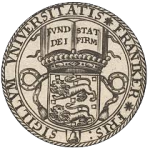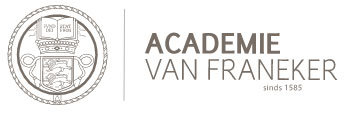The University of Franeker, or Franeker University (Universiteit van Franeker) was for several centuries a leading European institution of higher learning seated in the ancient city of Franeker (province of Friesland in the Netherlands). Established in 1585, it was considered a Christian university and produced a number of distinguished alumni, including William IV, Prince of Orange.
This website presents official and authoritative information about this venerable Dutch university and its intellectual legacy, which continues to this day via two institutions: (1) Academie van Franeker (2) The Euler-Franeker Memorial University.
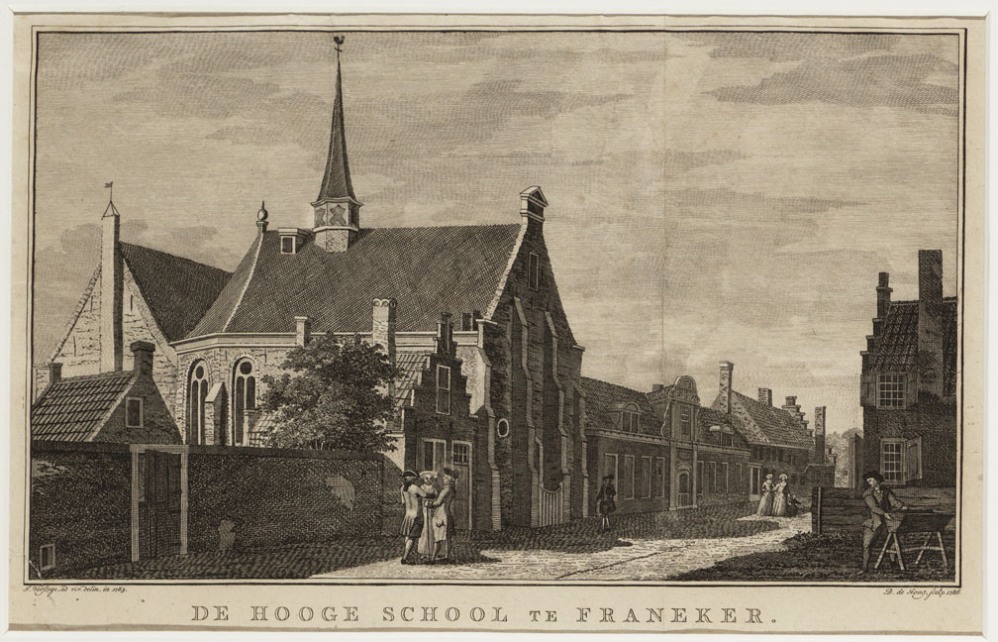
RECENT ARTICLES
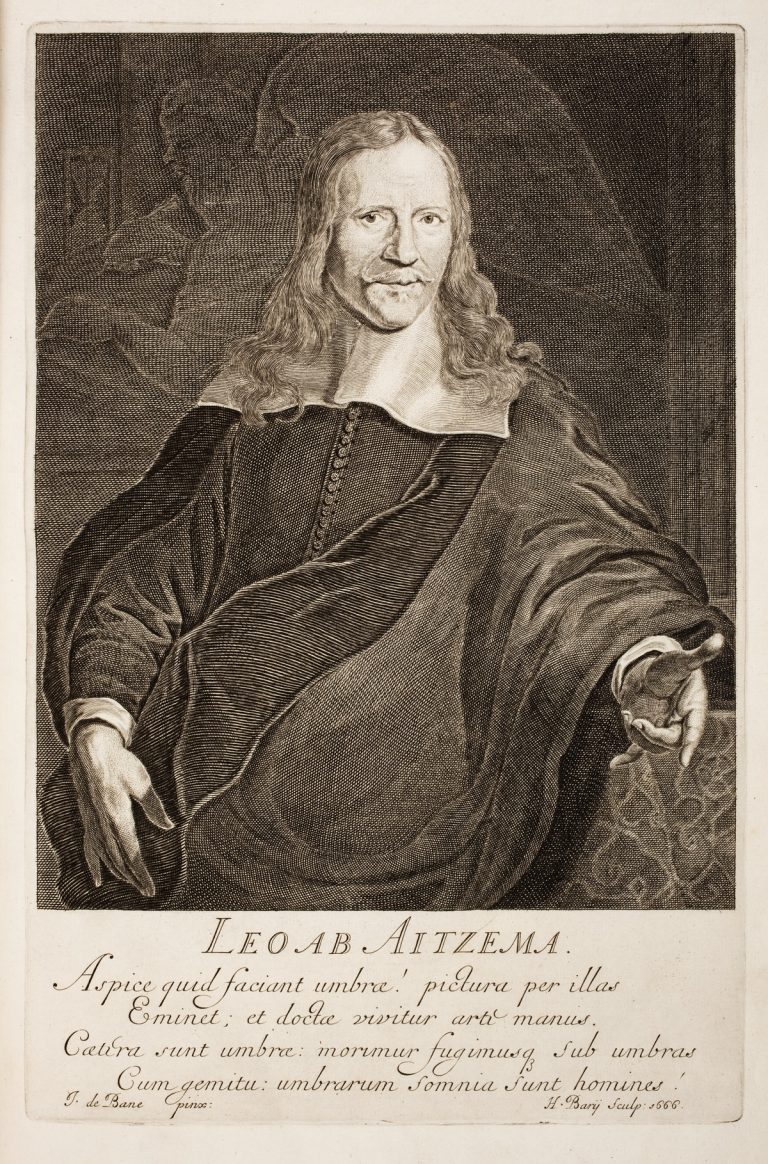
Lieuwe (Leo) van Aitzema
Lieuwe (Leo) van Aitzema (19 November 1600, in Dokkum, in the Province of Friesland – 23 February 1669) was a Dutch historian, diplomat, and secret
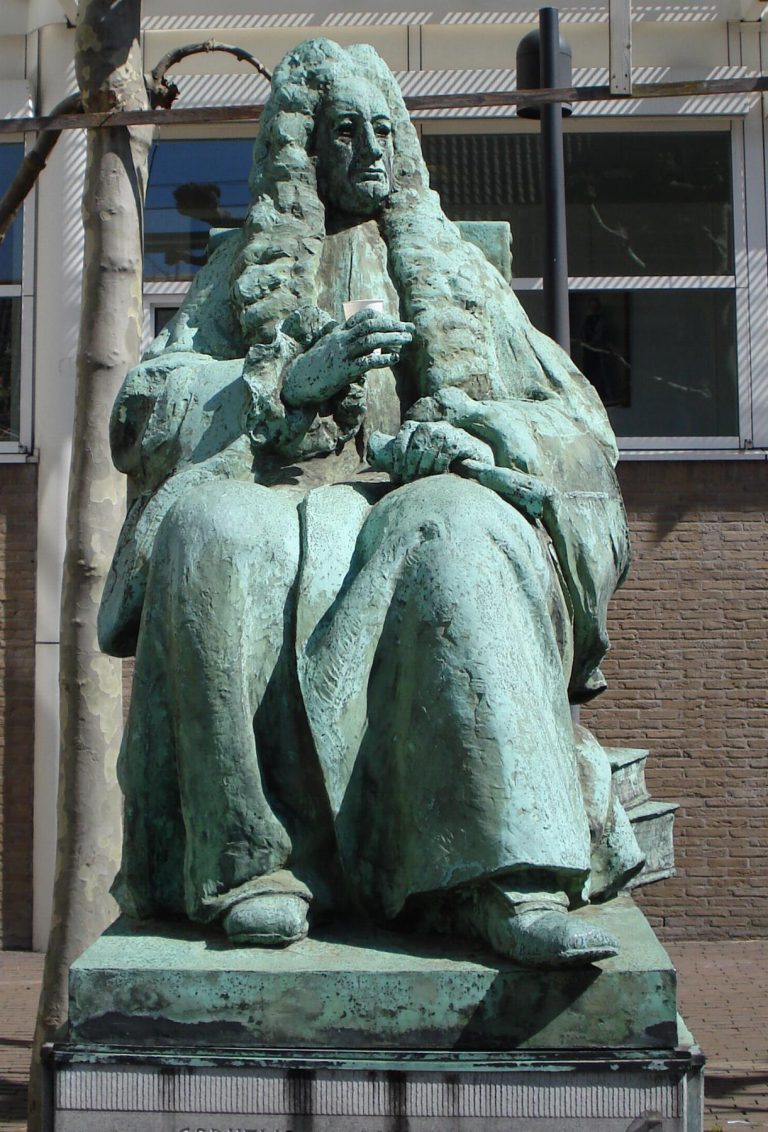
Cornelis van Bynkershoek
Cornelis van Bynkershoek, (born May 29, 1673, Middelburg, Zeeland, Neth.—died April 16, 1743, The Hague), Dutch jurist who helped develop international law along positivist lines. Bynkershoek studied law at
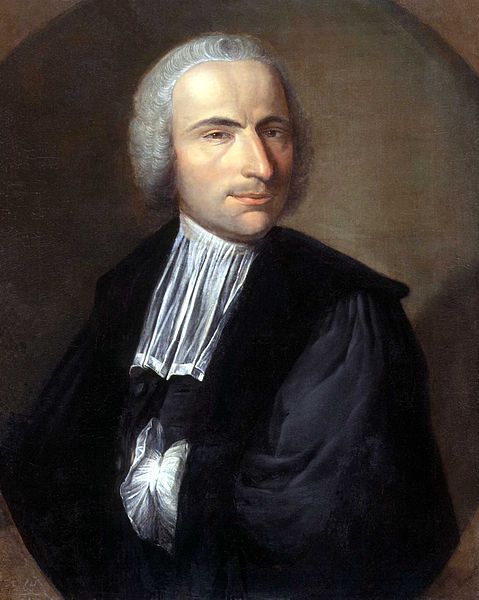
Jean-Nicolas-Sébastien (Johannes Nicolaas Sebastiaan) Allamand
Jean-Nicolas-Sébastien Allamand ((in Dutch) Johannes Nicolaas Sebastiaan Allamand) (18 October 1716, or, according to others 18 September 1713 – 2 March 1787) was a Swiss-Dutch
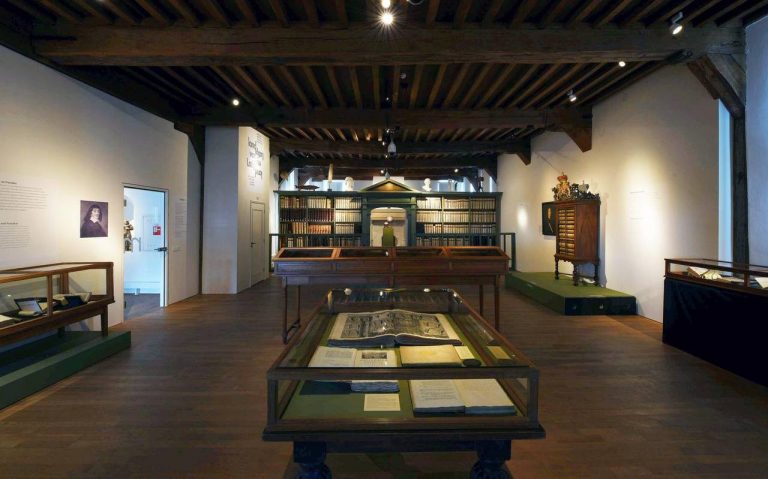
De Vrije Fries 2011, number 91
De Vrije Fries 2011 about the University of Franeker BlogAdd commentsJul042012 The new issue of De Vrije Fries, number 91 of 2011, is about the rise and
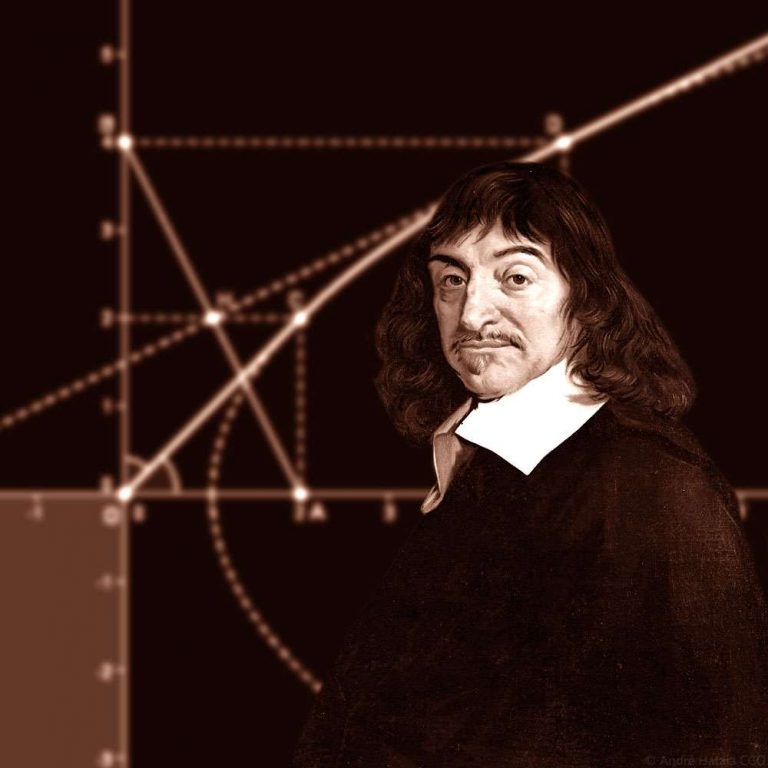
René Descartes and the Franeker Dutch connexion
We think of René Descartes as a French philosopher given that he was born in La Haye, France. Descartes, however, felt most at home among
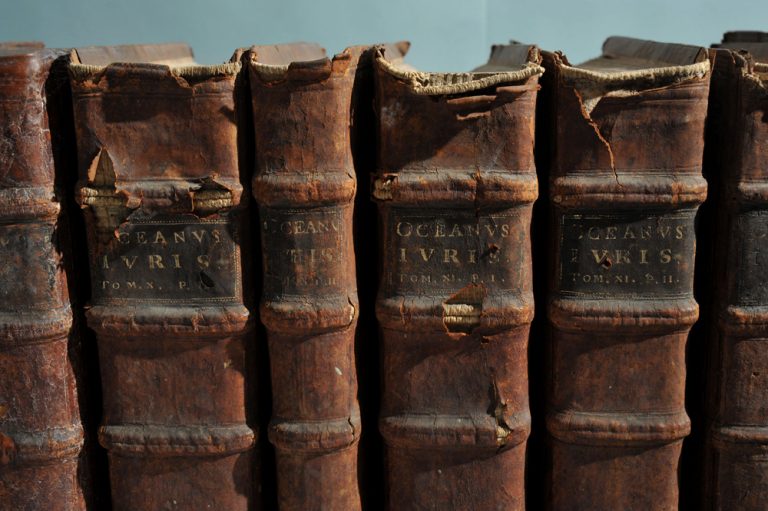
The lost books of Franeker University
Cold Case 4: The stolen books of the Franeker University Klicken Sie hier für die deutsche Fassung What is Cold Case Tresoar?Tresoar owns a fine
FEATURED ARTICLES
The University of Franeker, established in 1585, was indeed regarded as a respected institution during its operational period, particularly in the 17th and early 18th centuries. Its reputation stemmed from several key factors that underscored its academic standing and influence within the Netherlands and broader European scholarly circles.
Initially founded as a Protestant institution in response to the Reformation, Franeker served as an intellectual hub in Friesland, intended to educate clergy and civil servants while advancing theological and philosophical discourse. It quickly gained prominence for its faculty, which included notable scholars such as the mathematician Adriaan Metius, the philosopher Sibrandus Lubbertus, and the Cartesian thinker Johannes de Raey. The presence of such figures attracted students from across Europe, enhancing its prestige.
The university was particularly respected for its contributions to theology, law, medicine, and the sciences. Its theological faculty played a significant role in shaping Protestant thought in the northern Netherlands, while its emphasis on practical disciplines like medicine and astronomy—exemplified by the work of scholars like Jan Hendrik van Swinden—reflected a commitment to both theoretical and applied knowledge. Franeker’s library and academic resources further supported its scholarly reputation, drawing intellectuals seeking rigorous education outside the more prominent centers like Leiden.
Historical accounts affirm its standing: it was often referred to as the “Academy of Friesland” and was seen as a vital complement to Leiden University, the leading Dutch institution at the time. Its international student body, including attendees from Germany, Scandinavia, and Eastern Europe, attests to its recognition beyond regional borders. For instance, the philosopher René Descartes is said to have briefly enrolled there in 1629, though his stay was short-lived, reflecting Franeker’s appeal to prominent thinkers.
However, its reputation waned in the 18th century due to financial difficulties, declining enrollment, and competition from larger universities. By the time it was closed in 1811 under Napoleonic reforms, its influence had diminished, though it retained a legacy of academic rigor in historical memory. During its peak, particularly in the 17th century, Franeker was undeniably a respected university, valued for its contributions to Dutch and European intellectual life.
In conclusion, the University of Franeker enjoyed a period of considerable respect and scholarly distinction, especially in its early centuries, though its prominence faded over time due to external pressures and shifting educational landscapes.
